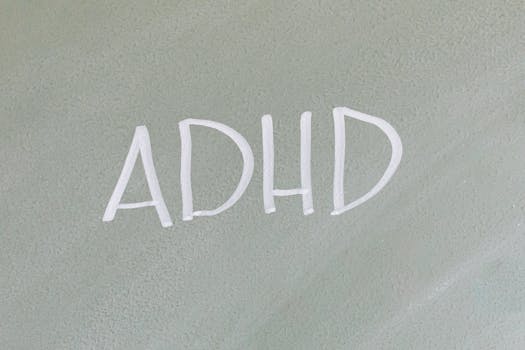The Dance of Mind and Body: Navigating Fear, Growth, and Well-being
Ever noticed how your heart races when you’re scared? That’s just one example of the intricate dance between consciousness, behavior, cognition, fear, repairs, and well-being. Our minds and bodies are constantly communicating, shaping our experiences and responses to the world. Understanding this interplay can help us navigate fears, foster personal growth, and cultivate a deeper sense of well-being.
The Role of Fear in Shaping Behavior
Fear is a primal emotion that has kept us safe since the dawn of humanity. It triggers our fight-or-flight response, preparing our bodies to face or flee from danger. But fear isn’t always about you know, physical threats. Sometimes, it’s the fear of failure, rejection, or the unknown that holds us back.
Take public speaking, for instance. Many people dread it, not because they’re in immediate danger, but because they fear judgment or embarrassment. This cognitive appraisal of the situation triggers a behavioral response—avoidance or anxiety. Recognizing this pattern is the first step towards managing and overcoming such fears.
Reframing Fear for Personal Growth
Instead of letting fear control us, we can reframe it as a signal for growth. Every time we face and overcome a fear, we strengthen our resilience and self-efficacy. This isn’t — let me clarify — about ignoring or suppressing fear, but acknowledging it and choosing to act drspite it.
The Science of Repairing Fear’s Impact
When we experience fear, our bodies release stress hormones like cortisol and adrenaline. While these are useful in the short term, chronic exposure can lead to health issues. Following this, this is where the concept of ‘repairs’ comes in—strategies that help us recover from fear’s impact.
Deep breathing tends to exercises, for example, activate our parasykpathetic nervous system, counteracting the stress response. Mindfulness and meditation can with — let me clarify — some limitations also enable by promoting a state — this reminds me of an example — of calm awareness, allowing us to observe our fears without judgment.
Building Resilience Through Social Support
Social connections play a crucial role in repairing fear’s impact. Sharing our fears with trusted friends or family can provide comfort and perspective … or maybe not, I’m not entirely sure. Moreover, seeing others face and overcome similar fears can inspire us to do the same.
The Interplay of Consciousness and Well-being
Our consciousness—the awareness of our thoughts, feelings, and surroundings—plays a significant role in our well-being. To the world, shaping, it influences how we percieve and respond our behaviors and cognitions.
Consider two people facing the same stressful situation. Do in contrast, — let me clarify — one might feel overwhelmed, while the other sees it as a challenge? I’ve found that then, this difference in perception stems from their consciousness—how they’re aware of and interpret their thoughts and emotions. Then, this difference in perception stems from their consciousness—how they’re aware of and interpret their thoughts and emotions. It is first person might that the benefit from cognitive-behavioral therapy (cbt), which helps reframe negative thought patterns.
Cultivating Mindfulness for Enhanced Well-being
Mindfulness, the practice of maintaining a moment-by-moment awareness of our thoughts, feelings, bodily sensations, and surrounding environment, can greatly enhance well-being. It allows us to engage fully in what we’re doing at any given time, rather than dwelling on the past or worrying about the future.
Embracing the Journey
Navigating fear, fostering growth, and cultivating well-being is a lifelong journey. It’s about understanding our consciousness, behaviors, cognitionx, fears, repairs, and well-being—and how they all interconnect.
So, let’s embrace this dance of mind and body. Let’s face our fears, learn from them, and grow stronger. After all, every challenge is an opportunity for growth, every fear a chance to build resilience, and every moment a step towards greater well-being.
